
Radar | Jul 11,2021
May 23 , 2021
By Eden Sahle
I have had the good luck of travelling to several parts of the country, visiting parks, mountains, and lake destinations. Everywhere one goes, what stands out like a sore thumb is the mismanagement of waste in these areas. Although the spectacular sites are refreshing, it is astonishing to see to what extent they are neglected and are decorated with trash.
Over the past year, COVID-19 has significantly harmed the tourism industry in Ethiopia. Political instability has worsened matters. But what fails to get recognition, sometimes even in passing, is the unsustainable implementation of community-based eco-tourism and wildlife conservation.
Nature-based tourism is one of the fastest-growing tourism sectors in the globe. Even in Ethiopia, this is witnessed in the growth of hiking among the middle-class, a phenomenon that has rarely before existed. But the sustainability of this sector is highly dependent upon the conservation of natural landscapes and wildlife. Unfortunately, the protection of natural resources and the basic act of keeping them clean has not gotten the attention it deserves.
Ethiopia has catching up to do with countries such as Botswana, Kenya, Tanzania, Uganda, Mauritania, Morocco and even Eritrea, which have taken drastic measures to regulate disposable plastic materials to protect their environment, their people and animals.
Fortunately, some people are attempting to make up for the shortcoming. Investors such as Nick Crane, owner of Simien Lodge, and a few other tour operators go out of their way to keep destinations clean. They are getting their hands dirty, collecting trash, and inspiring communities to join them by conserving their environment from waste such as single-use plastics.
These individuals not only encourage tourism into Ethiopia but also keep destinations clean to guarantee social and economic benefits. Nick, for instance, raises funds to keep destinations uncluttered. After a cleaning campaign of the Semien Mountains over the past four years, with the help of communities and the youth, he offers tourists free reusable aluminium water bottles instead of the highly common plastic holders. Him and his friends recently expanded their cleaning initiatives to the Danakil Depression, although they do not have an investment in that destination.
If investors care this much, these natural destinations deserve much more care from the authorities, who need to play vital roles to effectively preserve natural resources by applying waste management systems. Engaging local communities to protect the natural resources in a way that makes them beneficiaries is a good place to start. Even the simple act of placing more garbage cans at destinations can address some of the waste mismanagement challenges.
To give credit where it is due, waste management in cities have improved. Cities such as Bahir Dar and Hawassa are impressively clean and calming to visit. Addis Abeba, where population density, increasing consumption of goods (there will be no plastic consumption if the population is too poor to afford any) and construction are common, the same success has been hard to achieve. Still, several of the major roads in the capital are usually kept relatively clean thanks to municipal solid waste management efforts.
But these are just urban areas, and very few of them at that. The major battles are to be fought in areas where the forest and wildlife coverage is the lifeline to environmental sustainability. An added advantage will be helping the country to benefit from the flailing tourism industry.
For far too long, plastic waste thrown away after a single use has disgraced glamorous and UNESCO registered sites. Coordinated actions and bold moves will align the efforts of investors with that of the country in keeping our tourist destinations clean and presentable.
PUBLISHED ON
May 23,2021 [ VOL
22 , NO
1099]

Radar | Jul 11,2021
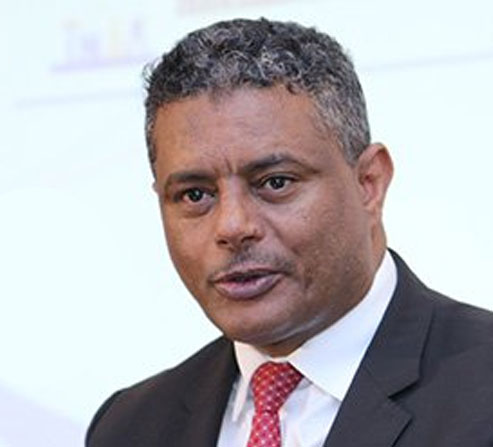
Radar | Apr 03,2021

Sponsored Contents | May 03,2022
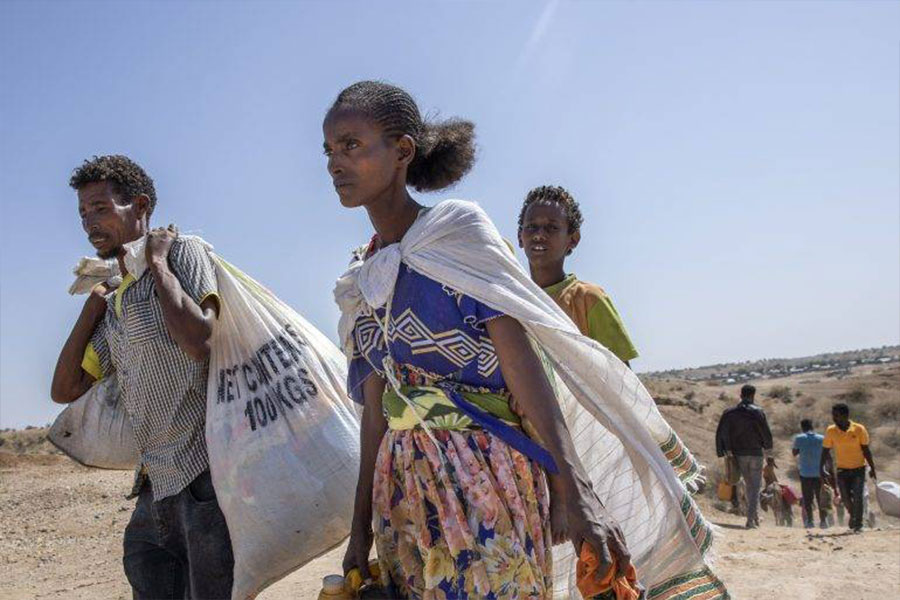
Fortune News | Oct 23,2021

Radar | Dec 19,2021

Radar | Sep 26,2021
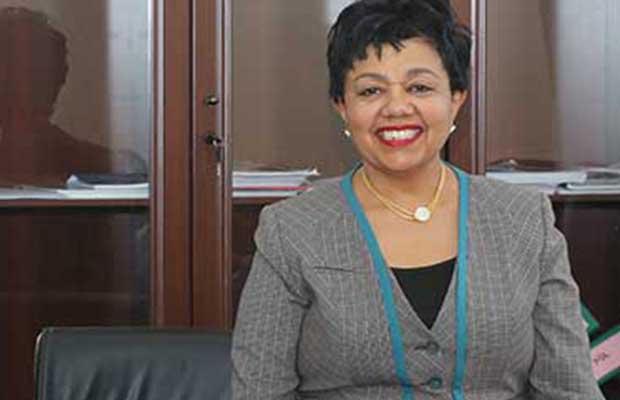
Exclusive Interviews | Jan 05,2020

Radar | Jul 03,2021

Radar | May 29,2021
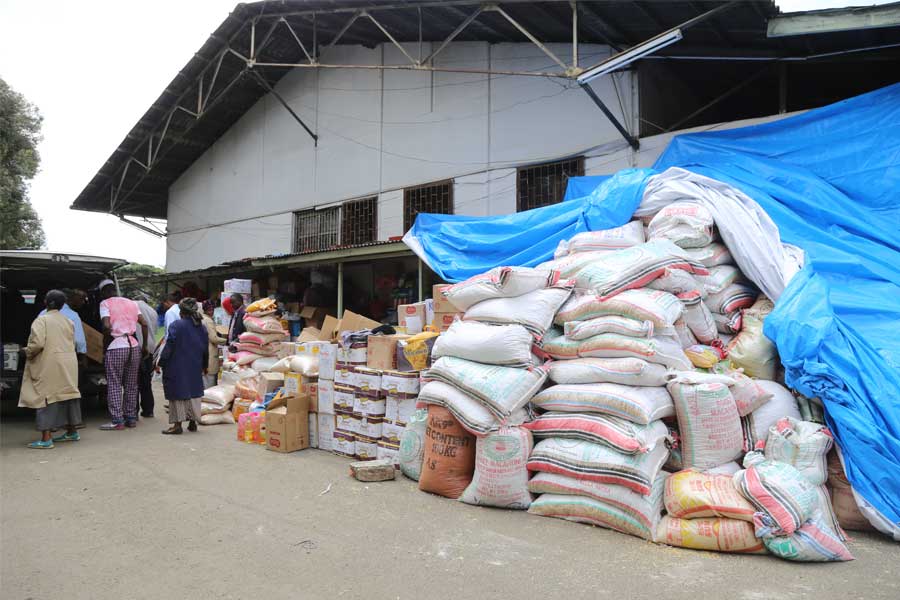
Agenda | Nov 02,2019

Photo Gallery | 150899 Views | May 06,2019

Photo Gallery | 141159 Views | Apr 26,2019

My Opinion | 134741 Views | Aug 14,2021

My Opinion | 131318 Views | Aug 21,2021

Dec 22 , 2024 . By TIZITA SHEWAFERAW
Charged with transforming colossal state-owned enterprises into modern and competitiv...

Aug 18 , 2024 . By AKSAH ITALO
Although predictable Yonas Zerihun's job in the ride-hailing service is not immune to...

Jul 28 , 2024 . By TIZITA SHEWAFERAW
Unhabitual, perhaps too many, Samuel Gebreyohannes, 38, used to occasionally enjoy a couple of beers at breakfast. However, he recently swit...

Jul 13 , 2024 . By AKSAH ITALO
Investors who rely on tractors, trucks, and field vehicles for commuting, transporting commodities, and f...

Sep 6 , 2025
The dawn of a new year is more than a simple turning of the calendar. It is a moment...

Aug 30 , 2025
For Germans, Otto von Bismarck is first remembered as the architect of a unified nati...

Aug 23 , 2025
Banks have a new obsession. After decades chasing deposits and, more recently, digita...

Aug 16 , 2025
A decade ago, a case in the United States (US) jolted Wall Street. An ambulance opera...
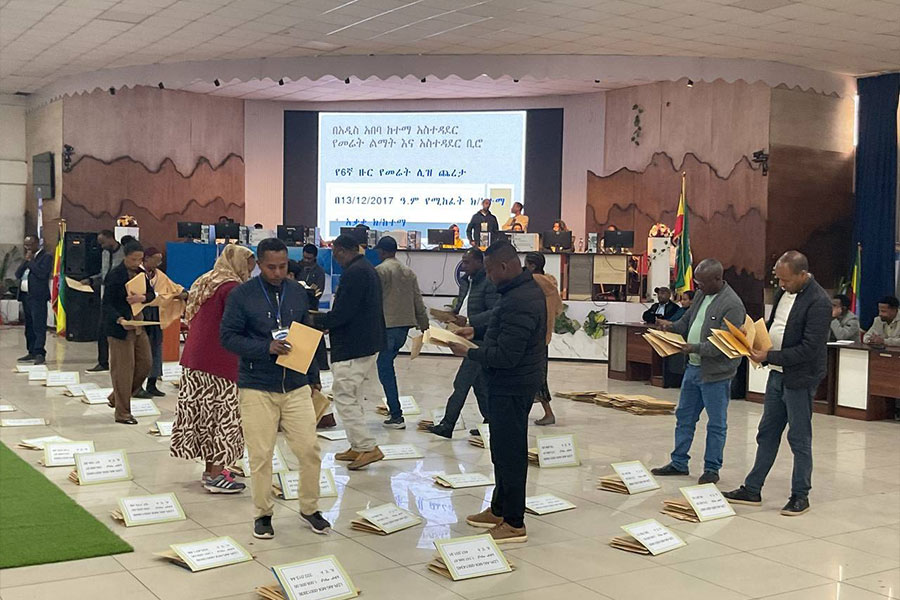
Sep 7 , 2025 . By NAHOM AYELE
Addis Abeba's sixth public land lease auctions after a five-year pause delivered mixe...

Sep 7 , 2025 . By BEZAWIT HULUAGER
Brook Taye (PhD), the chief executive of the Ethiopian Investment Holdings (EIH), is...

Sep 7 , 2025 . By BEZAWIT HULUAGER
For decades, Shemiz Tera in the Addis Ketema District of Atena tera has been a thrivi...

Sep 7 , 2025 . By NAHOM AYELE
A dream of affordable homeownership has dissolved into a courtroom showdown for hundr...